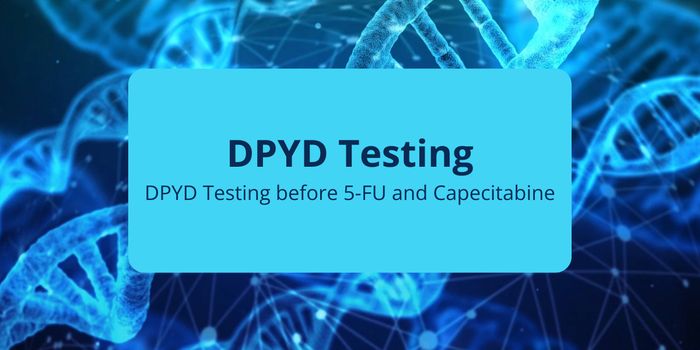The Use of Genetics for Disease Prediction Improves for Ten Disorders
The ability to predict a person's risk of certain disease with genetics has sometimes been overstated, but in recent years, human genetic data has become truly useful information in the clinic. While humans carry more or less the same genes in their genome, there can be small differences, or variations in the sequences of their DNA. Some of those variants have very little or no biological impact while others can be extremely significant; it all depends of what the variant is and where it happens.
Researchers have analyzed many significant variants in human DNA, and some have been linked to an increase or decrease in a person's likelihood of developing a disease. When the sequence of the human genome and the variants it holds is used to determine a person's risk of disease, that is a so-called polygenic risk score, and these scores have been developed for dozens of human disorders like diabetes, heart disease, and kidney disease. But it is not always easy to use that genetic information to make decisions in the clinic.
Scientists have now outlined tests that have been evaluated, and validated. They can help determine polygenic risk scores for ten common diseases, and the research team also ensured that the scores can be used in patients without European ancestry. The investigators analyzed the genetic and health data of 25,000 people in an effort to improve the use of genetic data in the clinic, and its ability to improve patient's lives. The work has been reported in Nature Medicine.
The suitability of polygenic risk scores for use in the clinic has been debated, and in many cases, they have only been developed with genetic data from people with European ancestry. "With this work, we've taken the first steps toward showing the potential strength and power of these scores across a diverse population. We hope in the future this kind of information can be used in preventive medicine to help people take actions that lower their risk of disease," noted first study author Niall Lennon, the chief scientific officer of Broad Clinical Labs, among other appointments.
The investigators looked for risk scores that had been created with data from people with two or more ancestries. They also identified polygenic scores that were useful, because they had been linked to strategies for preventing the diseases they predicted, whether through lifestyle changes or treatments.
"It was important that we weren't giving people results that they couldn't do anything about," said Lennon.
Polygenic risk scores for asthma, atrial fibrillation, breast cancer, chronic kidney disease, coronary heart disease, hypercholesterolemia, prostate cancer, type 1 diabetes, obesity, and type 2 diabetes were the focus.
Lennon acknowledged that they cannot correct all biases in the data, but they can ensure that people who are in high risk categories will be identified regardless of their ancestry.
Now the researchers are going to follow up with the people whose genetic data was used for the study, and they want to know more about how this information might inform their healthcare decisions.
"Ultimately, the network wants to know what it means for a person to receive information that says they're at high risk for one of these diseases," Lennon explained.
Sources: Broad Institute of MIT and Harvard, Nature Medicine









